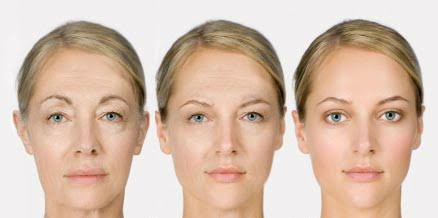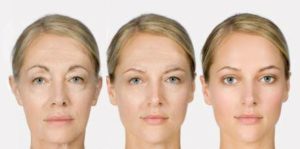According to a new study, a drug that helps the immune system clear away old cells could restore youthfulness. The research suggests it may be possible to reverse the ageing process and could potentially pave the way for anti-ageing treatments that actually work.
Researchers at the Weizmann Institute of Science in Israel investigated the way the immune system is involved in clearing away old, senescent (or, ageing) cells that are not completely dead but are irreparably damaged and barely functioning.
Within weeks, those who received the team’s new drug had fewer aged cells, lower levels of inflammation and were more active. Senescent cells have been linked to diseases of ageing by promoting inflammation.
For the study, published in Nature Communications, scientists used two sets of mice.The first group consisted of mice who were missing a crucial gene needed to sweep out ageing cells. The second group had the gene.
At two years, which is elderly for mice, the first group had a greater accumulation of senescent cells compared with the mice in the second group. The first also suffered from chronic inflammation, various functions in their bodies appeared to be diminished, they looked older, and had shorter life expectancies than their healthy counterparts.
“The accumulation of senescent cells in these mice is accompanied by a progressive state of chronic inflammation, followed by increased tissue fibrosis and other types of tissue damage, as well as compromised organ functionality,” said Dr. Valery Krizhanovsky, a professor of molecular cell biology at Weizmann and lead author of the study.
“The poor health of old mice is associated with fitness reduction, weight loss, kyphosis, older appearance, and shorter lifespan than that of the other mice.”
There are certain proteins in the body that can fuel ageing cells, allowing them to thrive despite being essentially pointless. Krizhanovsky’s team gave some of the mice a drug that inhibits the function of these proteins.
The treated mice responded exceptionally well to the drug – their blood tests and activity tests showed improvement, and their tissues shared many more similarities with the more youthful mice.
The scientists found far fewer senescent cells in the bodies of the treated mice and their inflammation levels had plummeted.As well as this, the mice treated with the drug were more active and their average lifespan rose.
The researchers believe if future experimentation proves their theories correct they could end up creating truly ‘anti-ageing’ therapies. Krizhanovsky said: “Pharmacological elimination of senescent cells from these mice extended their lifespan.






